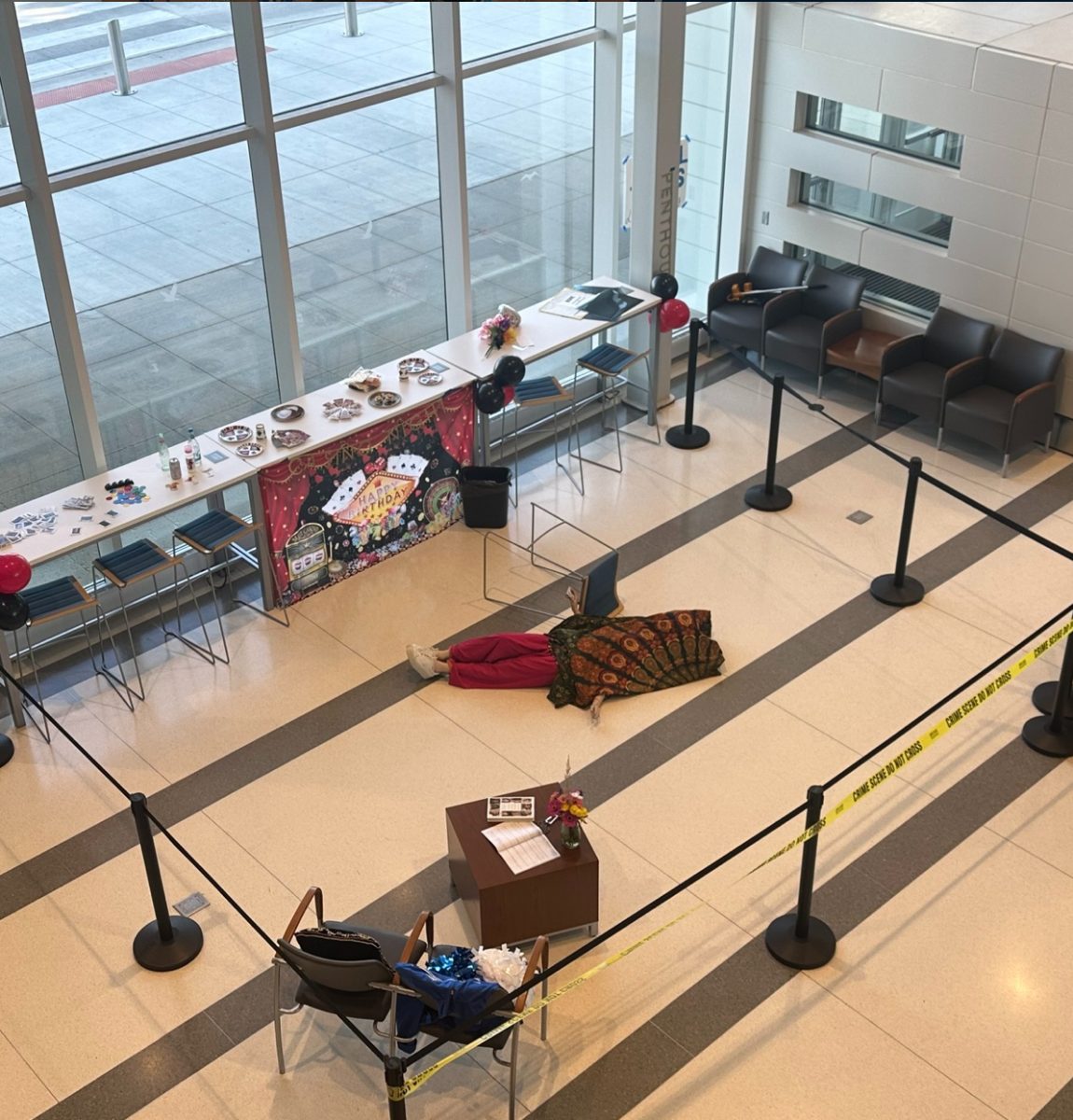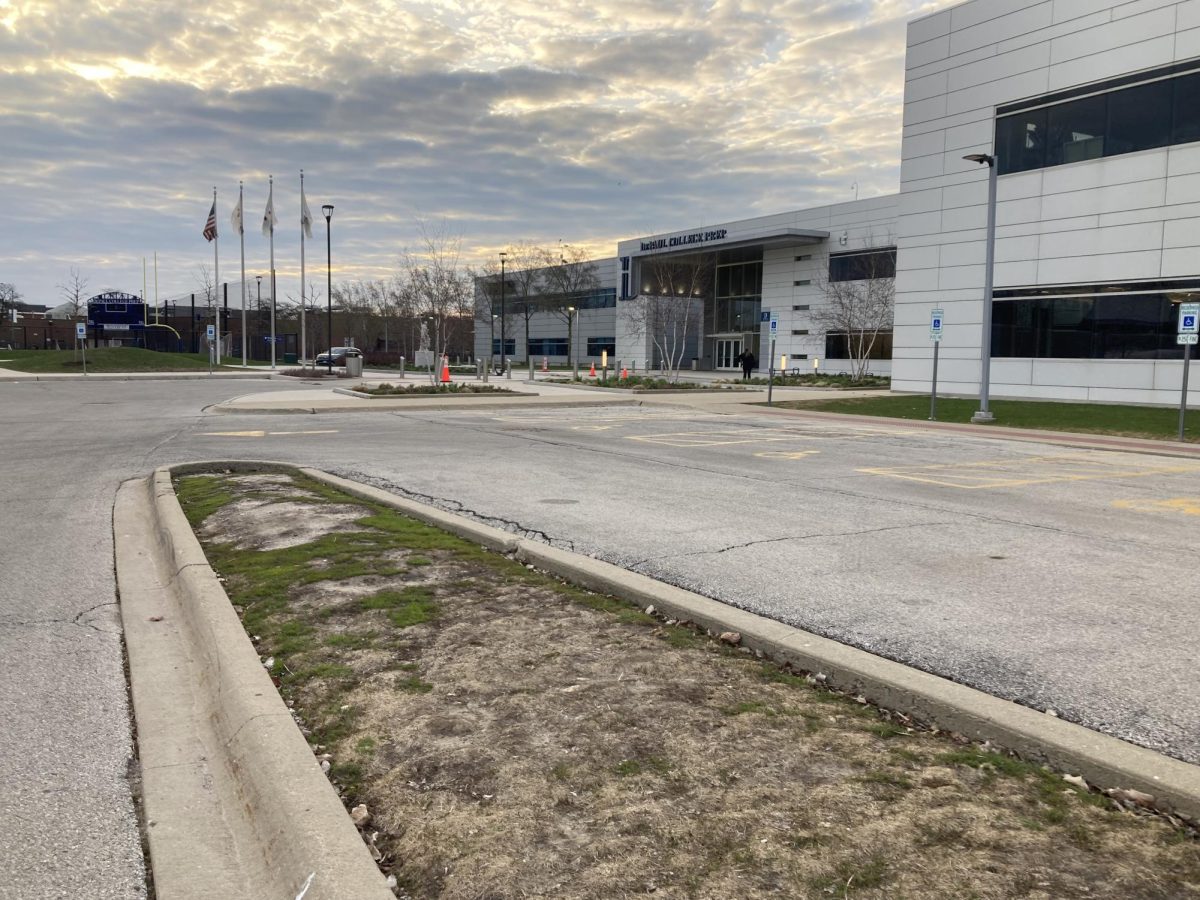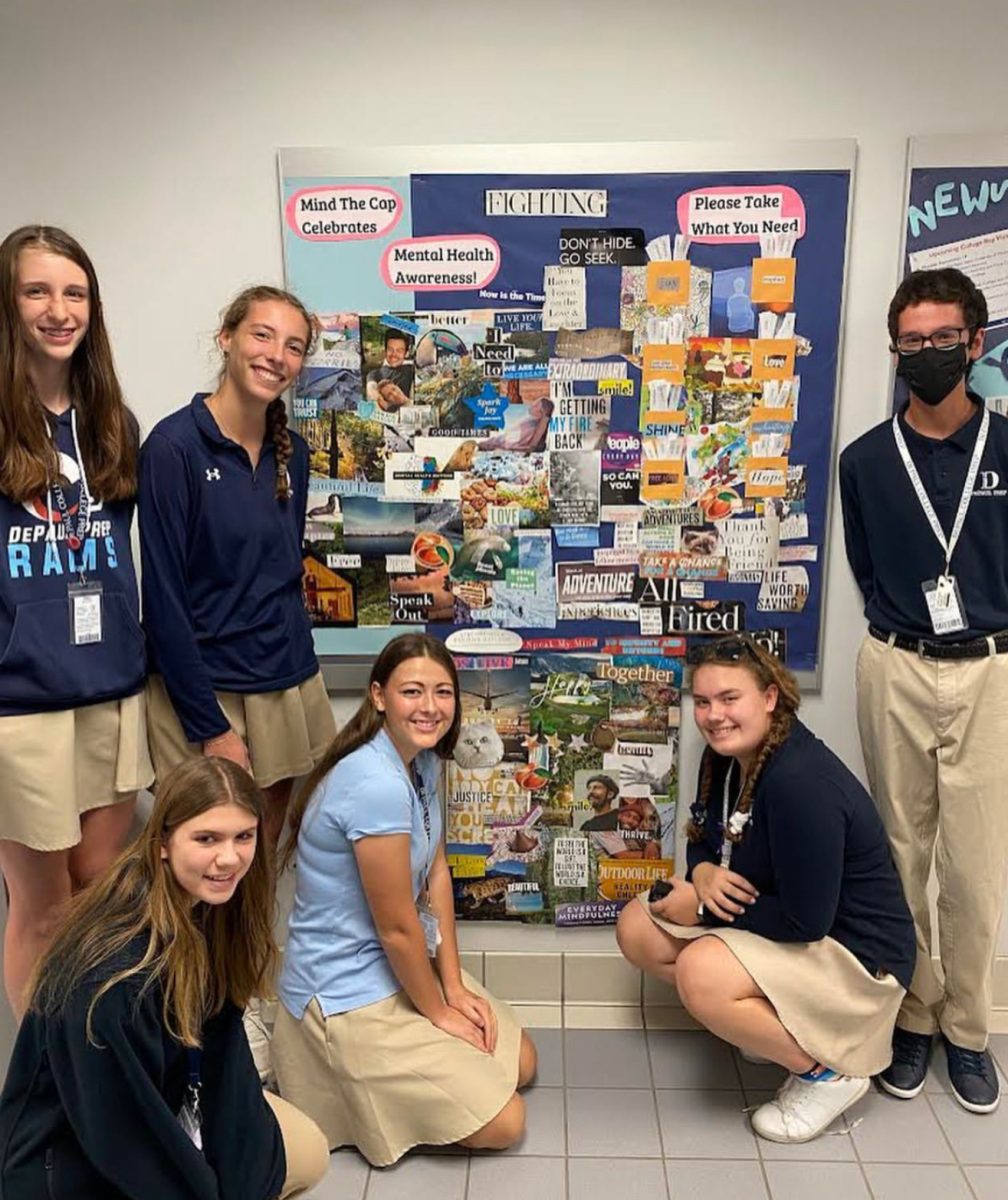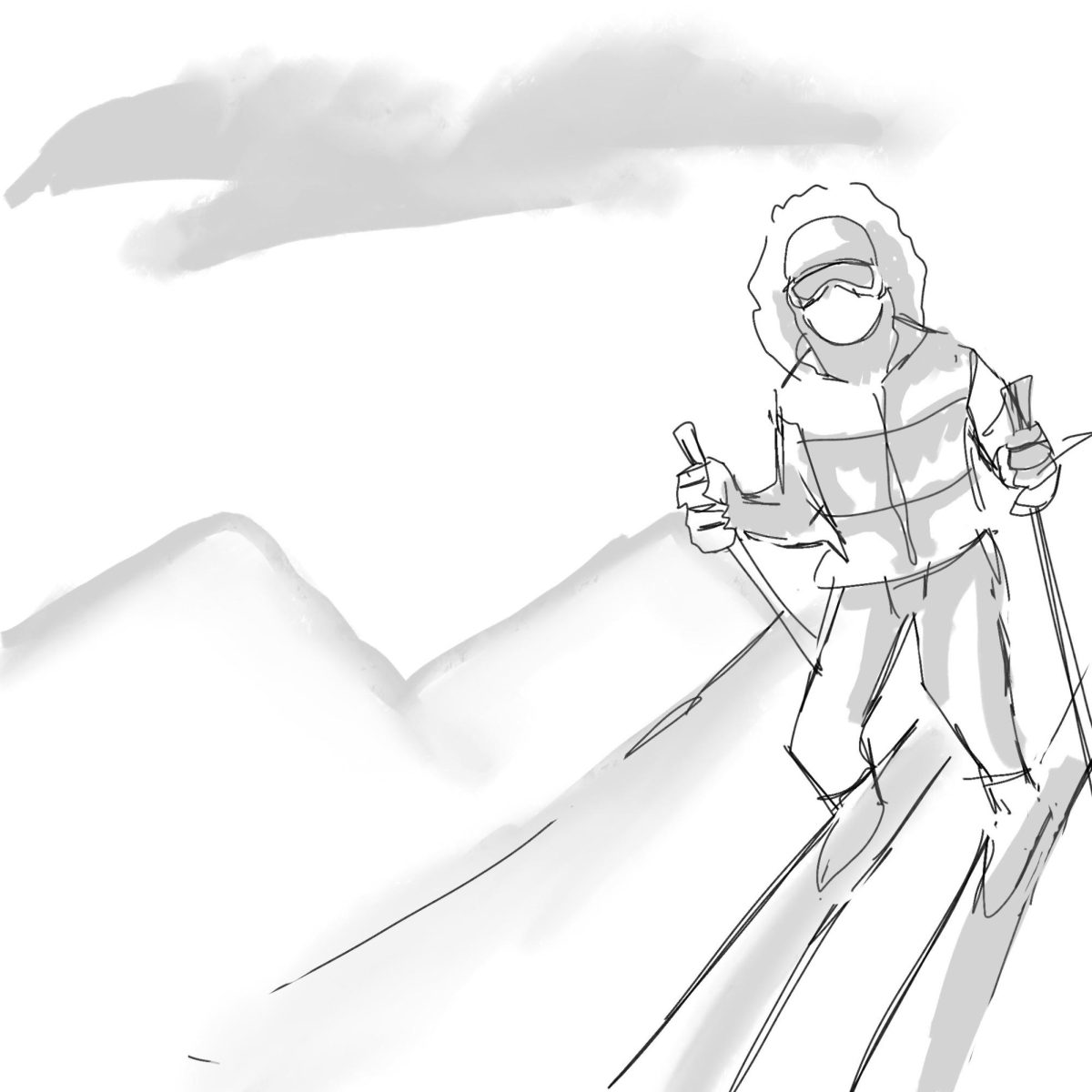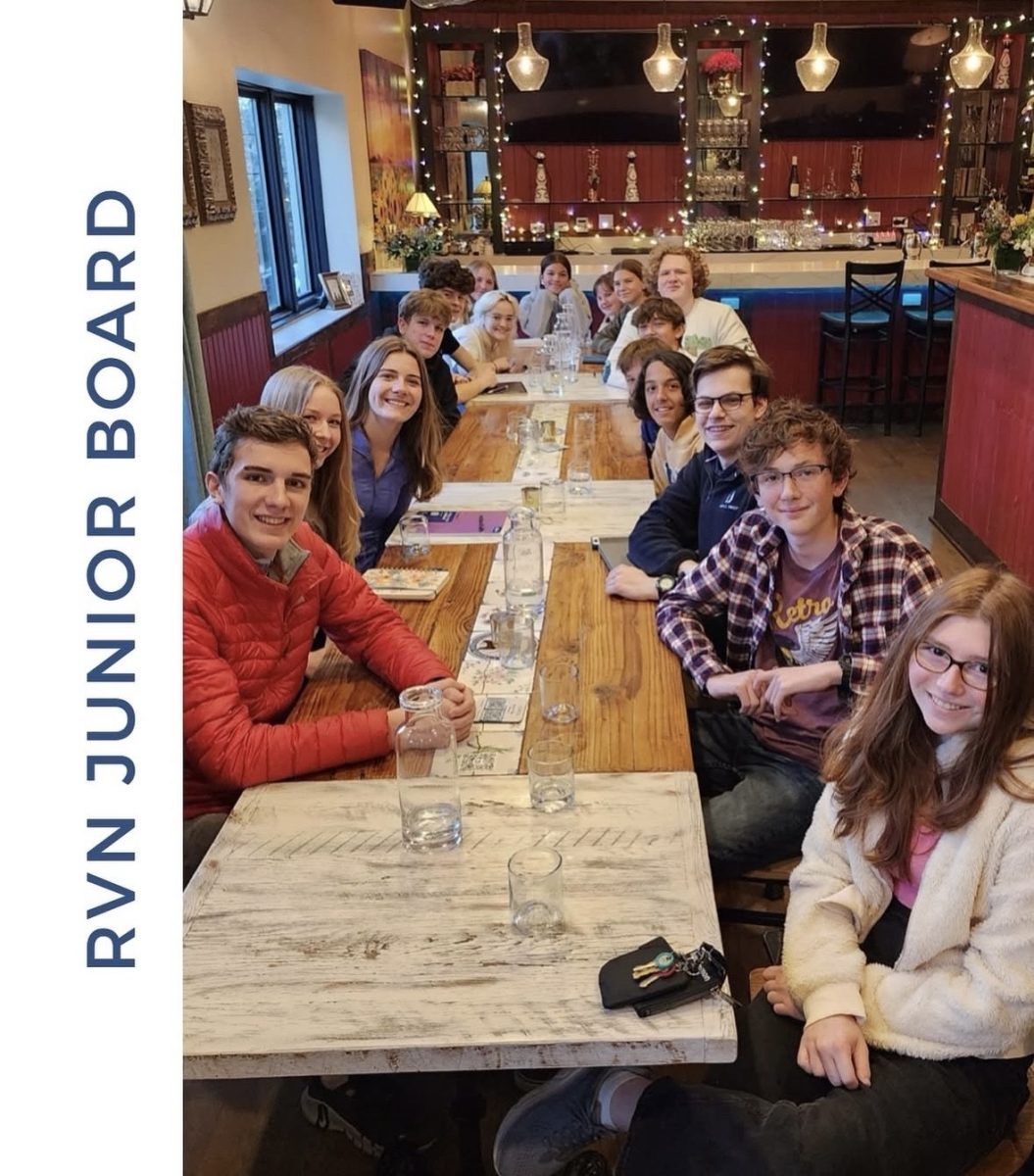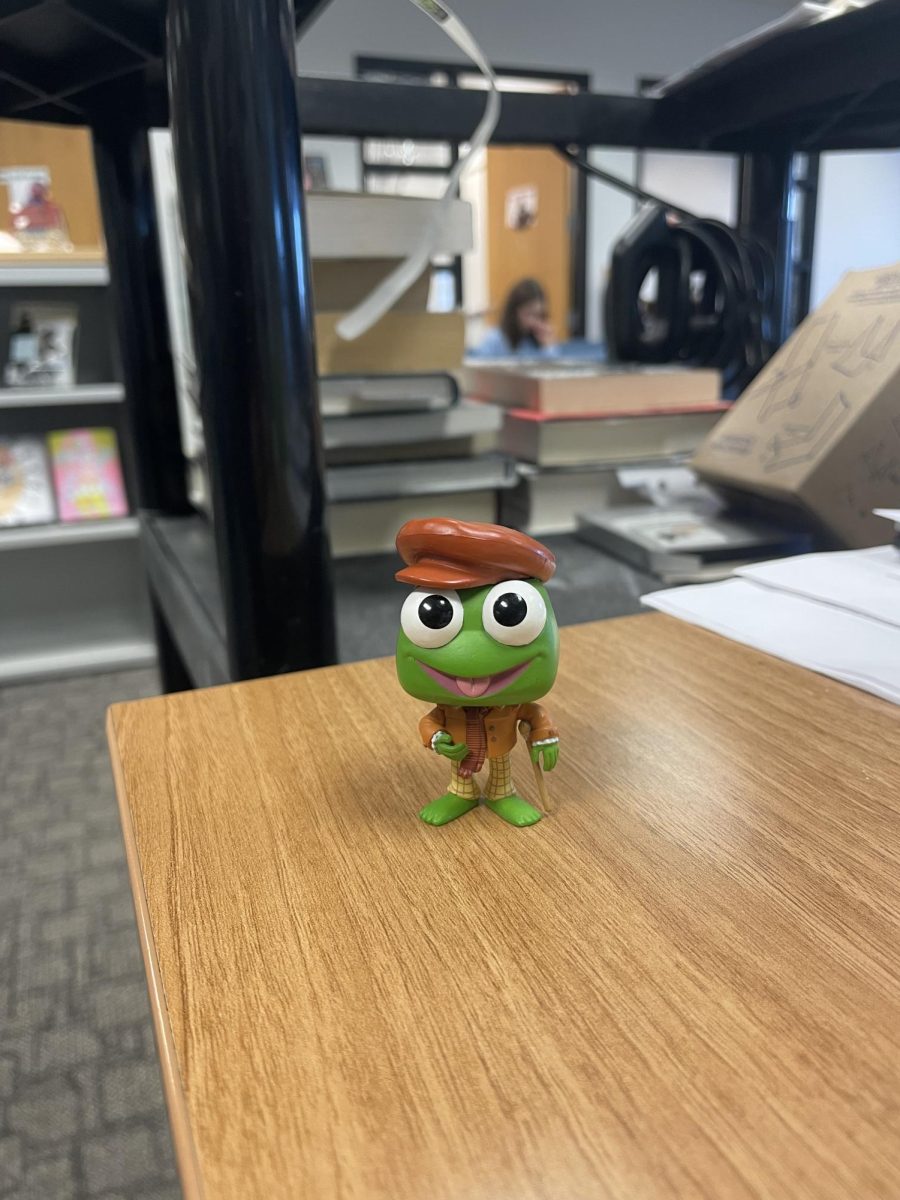Forensics is one of the newest science classes offered at DePaul College Prep. It is the study of the science behind a crime scene.
Separated into multiple units, the class covers topics such as toxicology, entomology, blood typing, fingerprints and crime investigations.
Senior Andrew Schuetz said he finds the class very hands-on. He said, “The class is relatively interactive. About 1 in 3 classes is a lab.” These labs help students apply scientific reasoning skills to larger situations, such as a crime scene.
Before students dive into labs, they participate in class lectures covering the unit’s topics.
“Mr. Boos is always very good at keeping lectures brief,” senior Grace Connolly said, “the content is very engaging.” From here, these skills compiled from lectures and classwork are applied to lab work, which includes working with materials ranging from bullet shells to blood typing.
For example, students applied their knowledge of bones to identify information about a crime. Connolly said bones can be analyzed to identify “race, gender, and age” and they help determine the shape of the victim. Schuetz said forensics shows, “how much we can deduce about a crime scene from very rudimentary evidence.”
One day in Mr. Boos’s class, the students came into a classroom with tables tossed around: a “mock crime scene” was created and left up to students to analyze what occurred. Connolly found this experience fascinating because it forced her to think like a detective. From here she followed the steps of detectives which include, securing the crime, separating witnesses, and searching for evidence.
To be successful, in this class, students are required to be very detail-oriented. Composed of a mix of multiple choice and short answers, these unit assessments are both interactive and memory based. Students are also presented with case studies and are required to analyze evidence, while remaining thorough and scientific. “We are forensic scientists in class” Connolly said, and so their job is “to analyze the data we’re given from a purely scientific standpoint.”
Taking forensics is connected to many careers and for Schuetz, he “chose forensics because I found it genuinely interesting” and he “wanted to try a class on a topic I hadn’t learned about before. Some careers connected to forensic science include law enforcement, entomologists, and forensic scientists. Connolly, who is interested in pursuing law, finds forensic science important because she feels that having “a good understanding of forensics” would be helpful in court.
For sophomore Christiana Callard, she would like to learn more about forensics and potentially take the class in the future.


